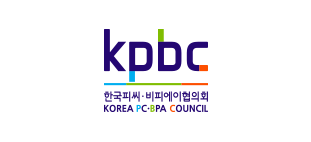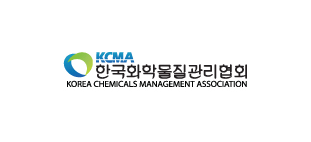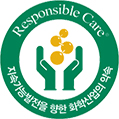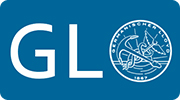CUSTOMER RELATIONS
Related Organizations
-
Korea PC/BPA Council (KPBC)
KPBC came into being in November 2008, with participation and contribution from Korean and multinational chemical manufacturers, with the goal of correcting distortions of PC and BPA in the press and delivering accurate information on public health and the related industries.
Link to website -
KCIA(KOREA CHEMICAL INDUSTRY ASSOCIATION)
KPIA was established in July 1974 to serve various functions and tasks of promoting the growth of the Korean Chemical industry. The association now coordinates cooperation among chemical manufacturers, makes policy proposals to the government, researches and analyzes market trends, organizes industry events, supports international cooperation and relations, organizes industry-wide responses to environmental regulation, and publishes industry-related literature.
Link to website -
Korea Chemicals Management Association (KCMA)
First created as the Korea Toxic Substance Control Association in 1991, the organization has since grown into a world-class chemical association with over 1,400 member businesses in and outside Korea. The association represents the industry to the government and advertises the government’s policy on the control of chemical substances and the growth of the chemical industry.
Link to website

















